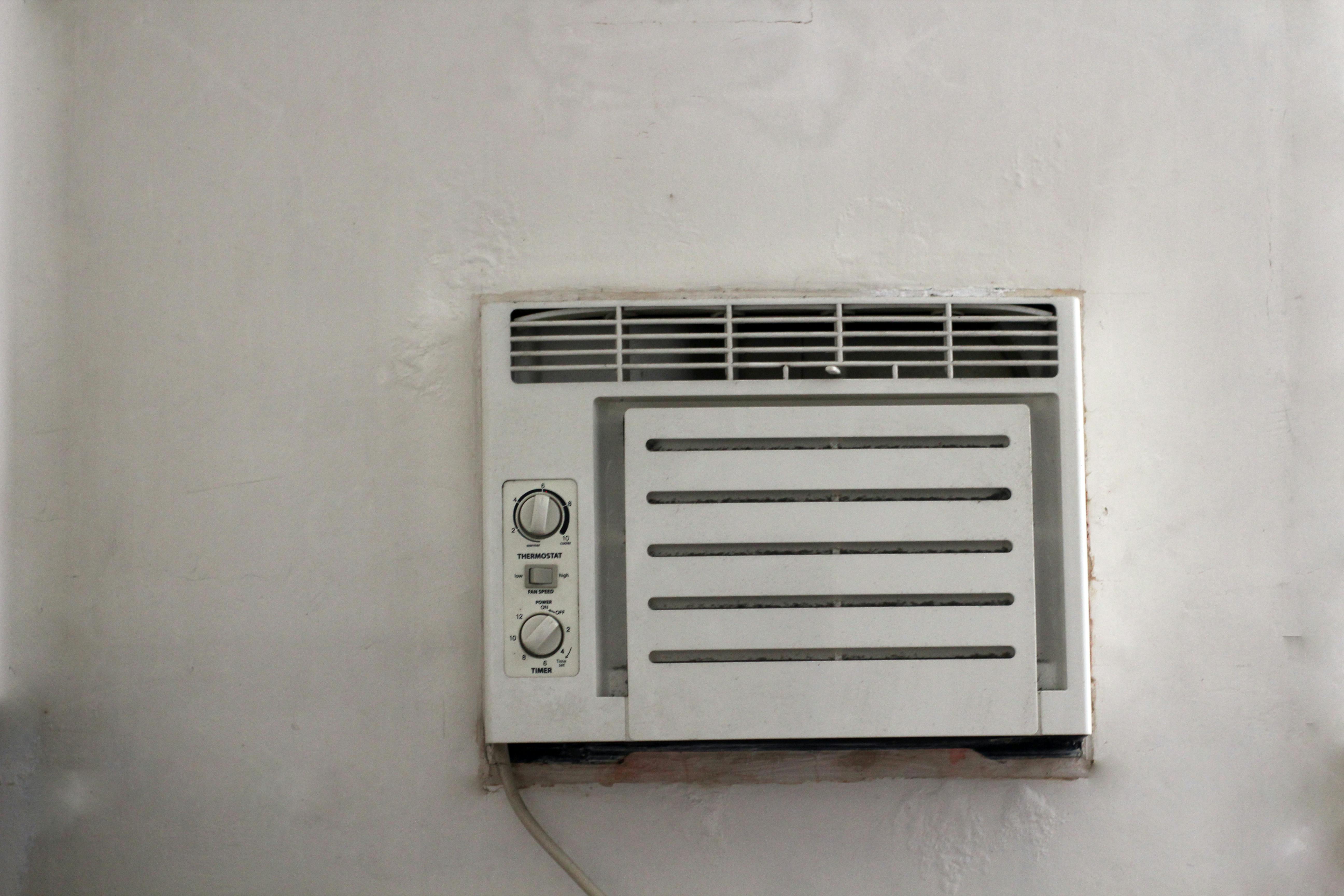Choosing the right size air conditioner can feel like a daunting task. Too small, and you’ll find yourself sweating through the summer heat. Too large, and you’ll end up with a chilly, inefficient space and higher energy bills. So how do you strike the perfect balance?
In this guide, you’ll learn the key factors to consider when selecting the ideal air conditioner size for your home. From room dimensions to insulation quality, we’ll break down everything you need to know to ensure you stay cool and comfortable all season long.
Understanding Air Conditioner Sizing
Selecting the correct air conditioner size ensures optimal cooling efficiency and comfort.

Importance of Correct AC Size
An AC that’s too small won’t cool your home efficiently. An oversized unit cools too quickly, failing to dehumidify properly. Both scenarios waste energy and increase costs.
Key Terms Explained: BTU and Sq Ft
BTU: Stands for British Thermal Unit. Measures cooling capacity. Higher BTU means more cooling power.
Sq Ft: Represents the area the AC needs to cool. Larger spaces need higher BTUs.
Keep these terms in mind when selecting your AC unit.
Factors Affecting Air Conditioner Size Needs
Understanding the key factors influences your decision on the right air conditioner size for your home. Each factor helps ensure the optimal cooling efficiency and comfort you’ll achieve.
Room Dimensions
Measure the length and width of your room. Multiply these values to get the square footage. This determines the BTU rating needed for your air conditioner.
Ceiling Height
Consider ceiling height beyond the standard 8 feet. For higher ceilings, adjust the BTU requirement upwards, as more volume needs cooling.
Window Size and Exposure
Note the number and size of windows. Larger or south-facing windows increase heat intake, needing higher BTU capacity to maintain comfort.
Insulation Quality
Evaluate your home’s insulation. Poor insulation allows heat transfer, requiring a higher BTU air conditioner to compensate.
Climate and Environmental Considerations
Factor in your local climate. Warmer regions typically need units with higher BTU ratings. Consider humidity levels too for optimal performance.
Take these detailed factors into account to choose the right size air conditioner and ensure efficient cooling for your home.
Calculating the Right Air Conditioner Size
« Ultimate Guide: How to Clean Your Presto Deep Fryer Like a Pro and Extend Its Lifespan
“Don’t Miss Out: Discover the Top 6 Best Nose Hair Trimmers of 2023 for Safe & Easy Grooming” »
Knowing the correct air conditioner size ensures your home stays comfortable and energy-efficient.
Tools and Calculators
Use online tools to estimate your air conditioner size. Tools consider room dimensions, ceiling height, and insulation. The BTU calculator from Energy Star is reliable. Inputting accurate data gives precise results.
Professional Assessment Vs. DIY
Consulting a professional offers accuracy. Professionals measure and evaluate all factors. DIY methods can work for simple room measurements. For complex setups, hire a professional. This ensures optimal system performance and longevity.
Popular Air Conditioner Types and Their Sizing
Homeowners have several air conditioner types to choose from. Each type has unique features and sizing requirements.
Window Units
Window units are compact and cost-effective. They fit into standard windows and are great for cooling single rooms. For rooms up to 350 sq. ft., a unit with 5,000–6,000 BTU is ideal. Larger rooms up to 700 sq. ft. require units with 10,000–12,000 BTU.
Split Systems
Split systems consist of indoor and outdoor units. They offer better cooling efficiency and are quieter than window units. Small rooms up to 400 sq. ft. need a unit with 9,000 BTU. Medium rooms up to 650 sq. ft. may need 12,000–15,000 BTU. Large rooms up to 1,000 sq. ft. require at least 18,000 BTU.
Portable Air Conditioners
Portable air conditioners can be moved room-to-room and don’t need permanent installation. They work best for individual spaces. Rooms up to 300 sq. ft. require units with 8,000–10,000 BTU. For spaces between 300 and 500 sq. ft., choose units with 12,000–14,000 BTU.
Conclusion
Choosing the right size air conditioner is crucial for maintaining comfort and efficiency in your home. By considering factors like room dimensions, ceiling height, and insulation quality, you can narrow down your options. Whether you opt for a window unit, split system, or portable air conditioner, understanding the specific sizing requirements will help you make an informed decision.
Using tools like the BTU calculator from Energy Star can simplify the process, but don’t hesitate to consult a professional for more complex setups. With the right approach, you’ll enjoy a cool and comfortable living space all summer long.















